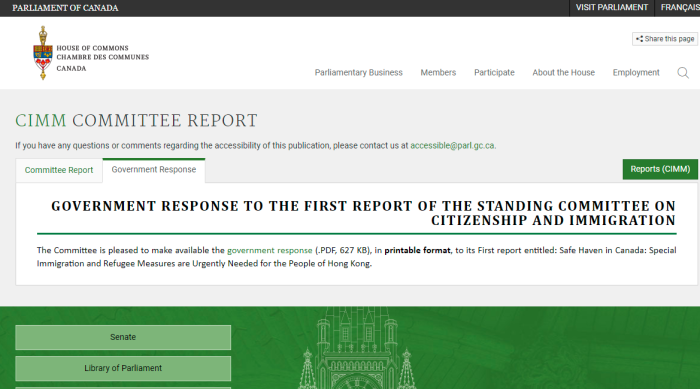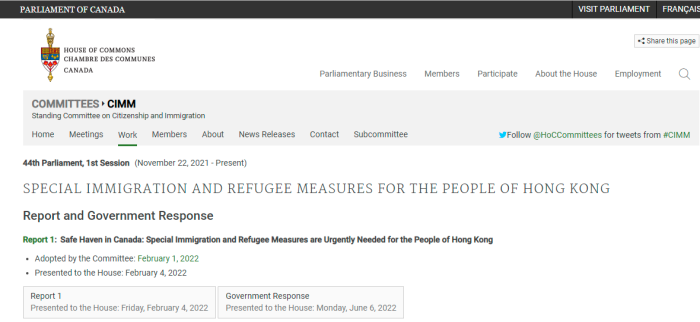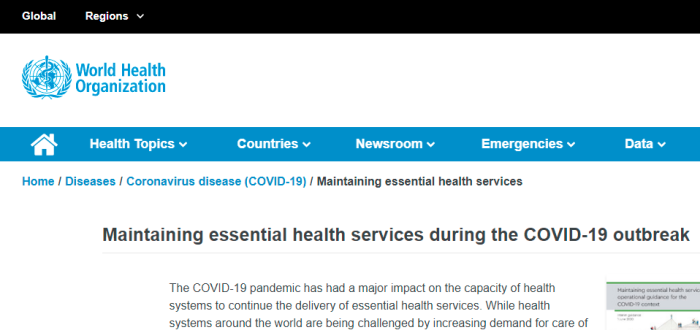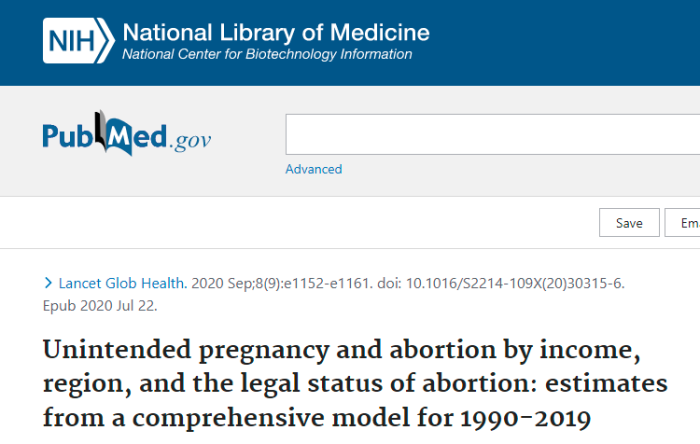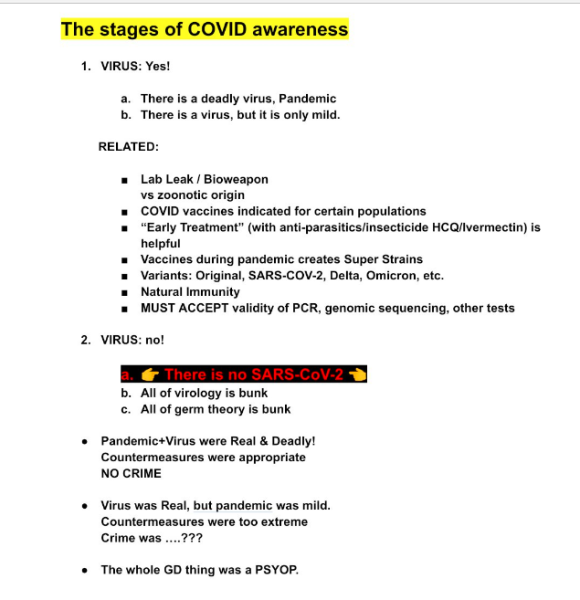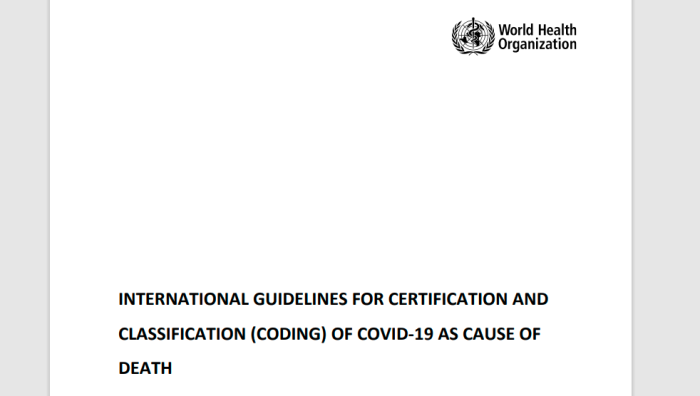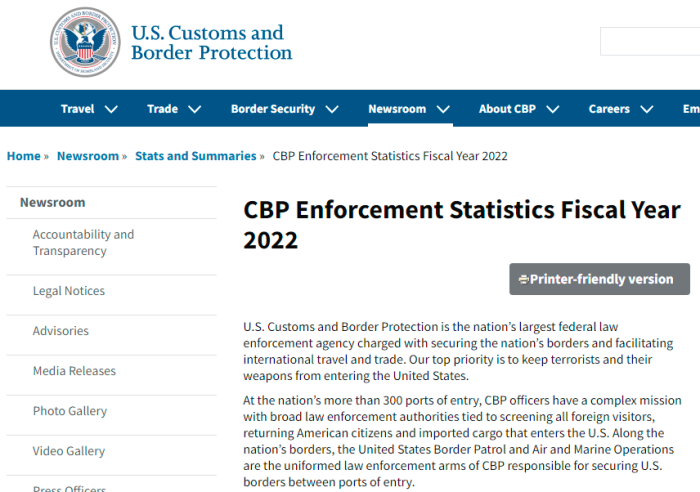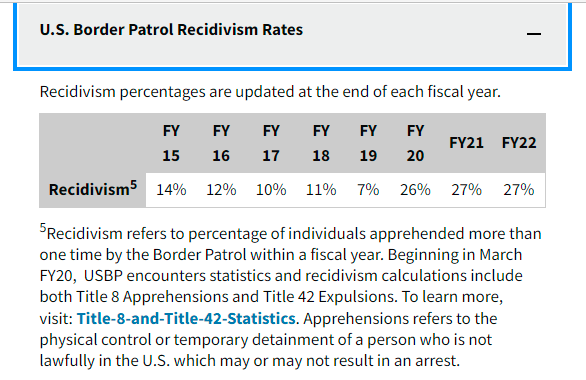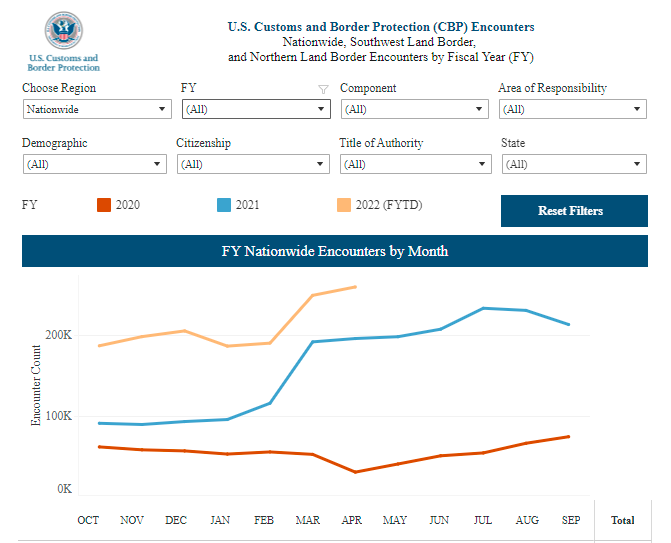
This brief piece was inspired by a recent article that was forwarded here. Many are not aware of a growing divide within the larger movement of freedom supporters. Broadly speaking these can be classified as two factions:
(1) Those who are opposed to various medical martial law measures, including lockdowns, business closures, curfews, vaccine passports, masks, and other intrusions, but who otherwise support the concepts of viruses and vaccines; and
(2) Those who think that this virus — and viruses more broadly — are a work of fiction to push various social and political agendas.
Yes, there has been the argument that all of this is pointless, and distracts from the larger picture. However, it could also be said that demonstrating there’s no way to properly isolate a virus would by default render all freedom restrictions unnecessary.
This isn’t, of course, to suggest that everyone who believes in viruses (or a specific one) is a fraud or a shill. Many good people do.
That being said, the implications are huge if the second group turns out to be correct. Much of modern medicine would collapse if it was shown to be founded on false pretenses. Anyhow:
Without getting too much into the nitty gritty, tensions seem to be rising over efforts to debunk virology, and germ theory as a whole.
One of the more interesting items is “flaw #22” on the page, specifically the asymmetric burden of proof.
Asymmetrical burden of proof. Among other things, the bar for “proof” that they set for themselves is unreasonably low, while the bar that they set for everyone else is unreasonably high. And it appears that the only judges whom they will be willing to accept are themselves.
There’s more of course, but this is worth addressing. The argument seems to be that a thesis can only be debunked if a stronger and more credible one can take it’s place. That not how things work. Consider these examples:
- In criminal court, a judge or jury never actually rules a defendant to be innocent. Either the prosecution has sufficiently proven culpability (guilty), or they they haven’t (not guilty). There’s no requirement for a defendant to prove someone else committed a crime, though it would certainly be beneficial.
- When inspecting an automobile, it’s not really proven to be safe. Instead, the mechanic or other person searches for common sources of damage, or defective operation. If nothing is found, then the result comes back okay.
- University students have likely seen hypothesis testing in statistics. The goal isn’t to prove what the mean or variance is, but rather to debunk the assumption. The methods may prove your belief (reject the asserted mean or variance), or there may be insufficient proof (fail to reject). That said, there’s no demand to provide alternative answers
In the linked article, Steve Kirsch laments there is a double standard. People wishing to argue the existence of a specific virus, or viruses in general, must provide concrete proof. However, someone who wants to debunk that only need to find sufficient errors, not formulate a better answer.
Common criticisms for virus isolation include: improper (or no) controls, lack of replicability, and adding things like monkey kidney cells or fetal bovine tissue.
A favourite on this site is the screwy definition of a “Covid death”, which stands any sense of honesty and integrity on its head. The rampant pharma connections are also difficult to ignore. Sometimes, it’s not science, but common sense that should cause people to second guess.
Yes, there is a double standard when it comes to the evidence required for “prove v.s. debunk”. And that’s quite okay.
(1) https://stevekirsch.substack.com/
(2) https://stevekirsch.substack.com/p/sam-baileys-very-disingenuous-settling
(3) https://www.fluoridefreepeel.ca/fois-reveal-that-health-science-institutions-around-the-world-have-no-record-of-sars-cov-2-isolation-purification/
(4) https://canucklaw.ca/a-death-resulting-from-a-clinically-compatible-illness/

